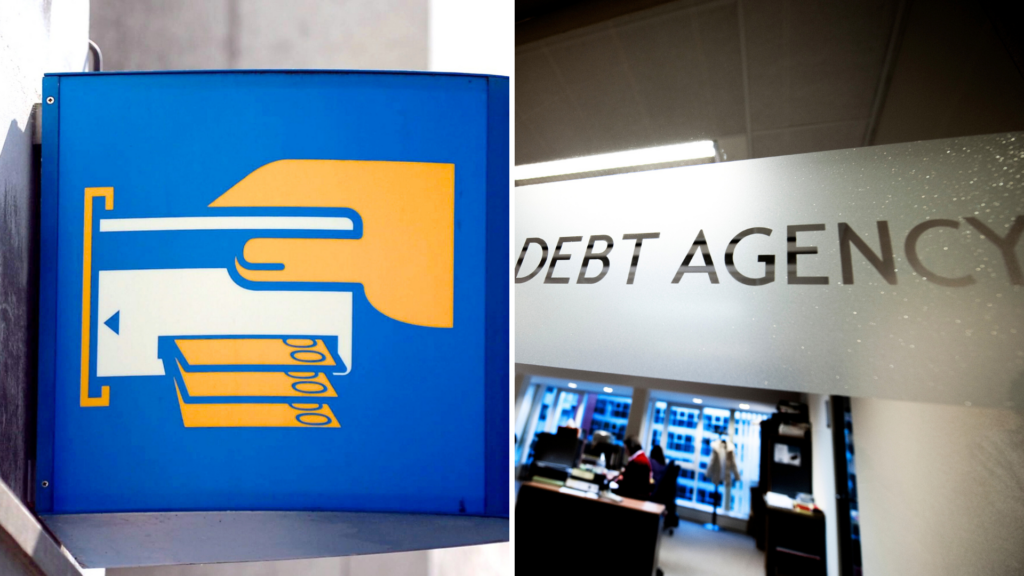People who invested in Belgium's special one-year state bonds in September 2023 will soon get their money back, with interest. More than €22 billion will return to circulation in Belgium.
Around this time last year, Belgium launched a special one-year state bond which allowed citizens to lend money to the government with a one-year maturity, instead of the usual period of at least three years. The bond – offering a net yield of 2.71% and a halved withholding tax (15% rather than 30%) – was a last-ditch attempt to push banks to increase their interest rates on savings accounts.
The huge popularity of the bond reflected the desire among savers for a higher rate of interest. The initiative became Belgium's most successful capital operation among citizens. Investors will soon see their money returned to their bank accounts, along with the interest earned.
"On Wednesday 4 September we will make the disbursement of state bonds," Jean Deboutte, director of strategy, risk management and investor relations of the Belgian Debt Agency, told The Brussels Times.
Automatic payments
Of the 550,000 investors, some went directly via the Federal Debt Agency's Ledger – accounting for €7.036 billion in capital and €198.69 million in interest. "The amount of interest shown is net of withholding tax, which for over 99% of subscribers we will deduct at source," Deboutte said. "A small minority, who are not subject to withholding tax, will receive gross interest."
Meanwhile, around €14.85 billion in capital and €490.19 million in interest will be transferred to placing institutions (a bank or stockbroking firm). They will transfer those amounts to people who subscribed indirectly, deducting the withholding tax from the interest if it is due.

Credit: Belga
Payments will be made by the Agency, which has the account numbers of people who subscribed directly, and the placing institutions, which have the account numbers of their customers. "Everything will be automatic," Deboutte clarified. But the exact time when the amount will appear in savers' accounts may vary between banks.
He warned that in some cases, payments might be cancelled because the specified account no longer exists or was blocked. "This will then have to be resolved bilaterally."
€22 billion in circulation
The payout will see a large sum of money reinjected into circulation. This will spur banks, companies and the State to vie for this capital.
Belgium waited to issue another one-year state bond until 5 September, one day after the disbursement, to give people who subscribed to the previous issue the chance to opt for a state bond again. The subscription period for this ends on Friday 13 September for those who subscribe through their banks and one day earlier for subscriptions through the Ledger.
A recent survey by AG Insurance showed that 50% of subscribers want to re-invest, even though the new bonds will not have the same advantageous tax rate and the issue will be at a 30% withholding tax instead of 15%. "That news surprised us positively," said Deboutte. However, the gross interest rate this time is also lower, "so it remains to be seen whether they will do so once they know the terms." Still, he welcomed the popularity for the second subscription, saying that it "proves that there really is a need for state bonds."
Other companies have more actively been luring new investors, including insurers Balois and Securex. Traditional banks are also announcing products that aim to capture the €22 billion. BNP Paribas Fortis launched a new offering of 1, 2 and 5-year treasury bonds, also starting 5 September. However, it recently reduced the interest rate to 2.03% after one or two years and 1.75% after five years, after the deduction of withholding tax.
Related News
- Withholding tax on income from securities brings in record amount to Belgian treasury
- Change of address, careless, or deceased: Over €716 million in 'dormant' accounts in Belgium
Cooperative housing initiative Wooncoop is enticing potential investors with its housing projects that contribute to fairer and more sustainable housing.
Financial cooperative Crédal is looking to encourage individual investors to put their money into the region's economy via investcoop.brussels, a tax scheme for Brussels citizens that hands out business loans to Brussels companies with added social value. Individuals who invest in such cooperatives can benefit from a tax advantage of 3.5% net per year on these sums.

